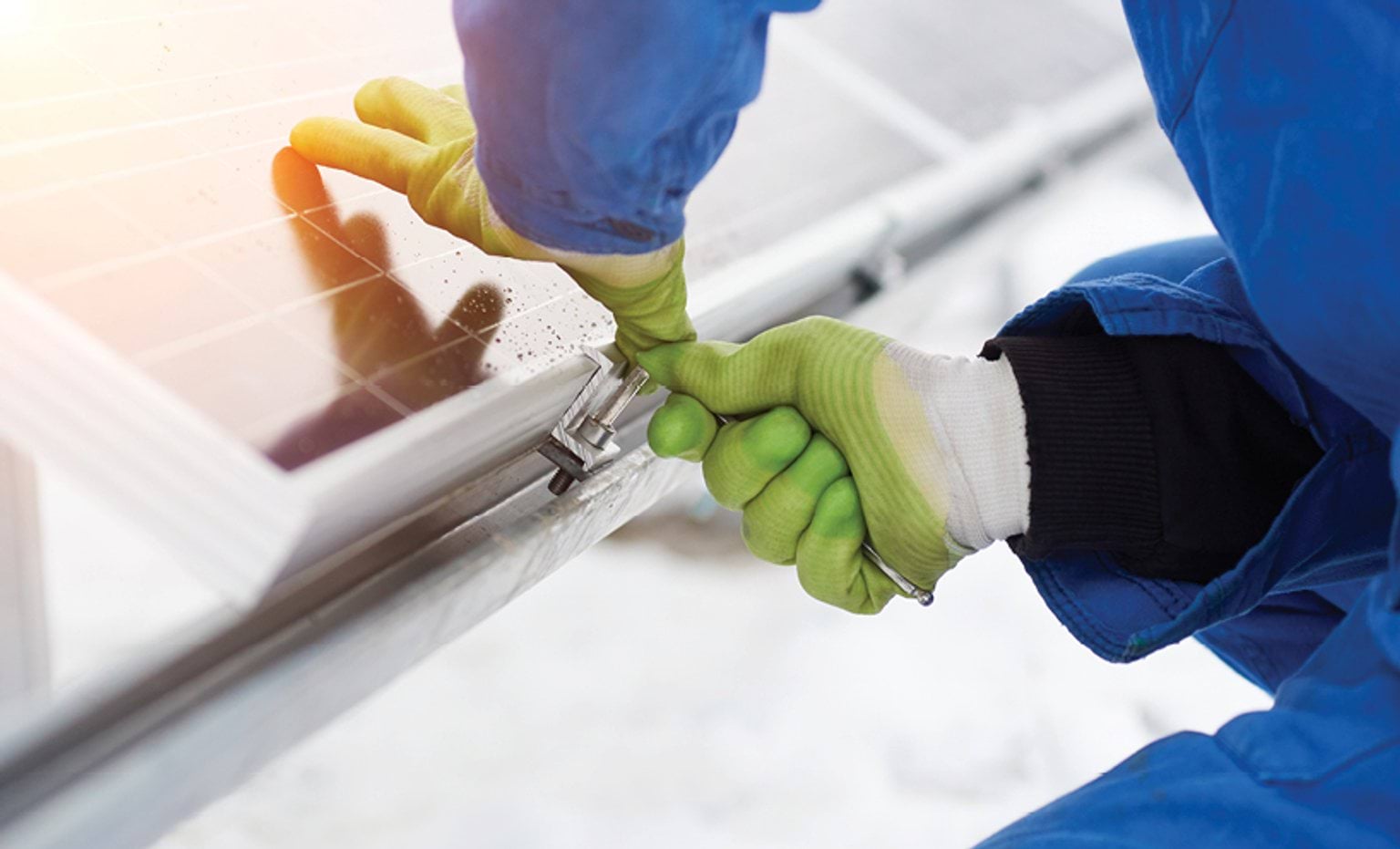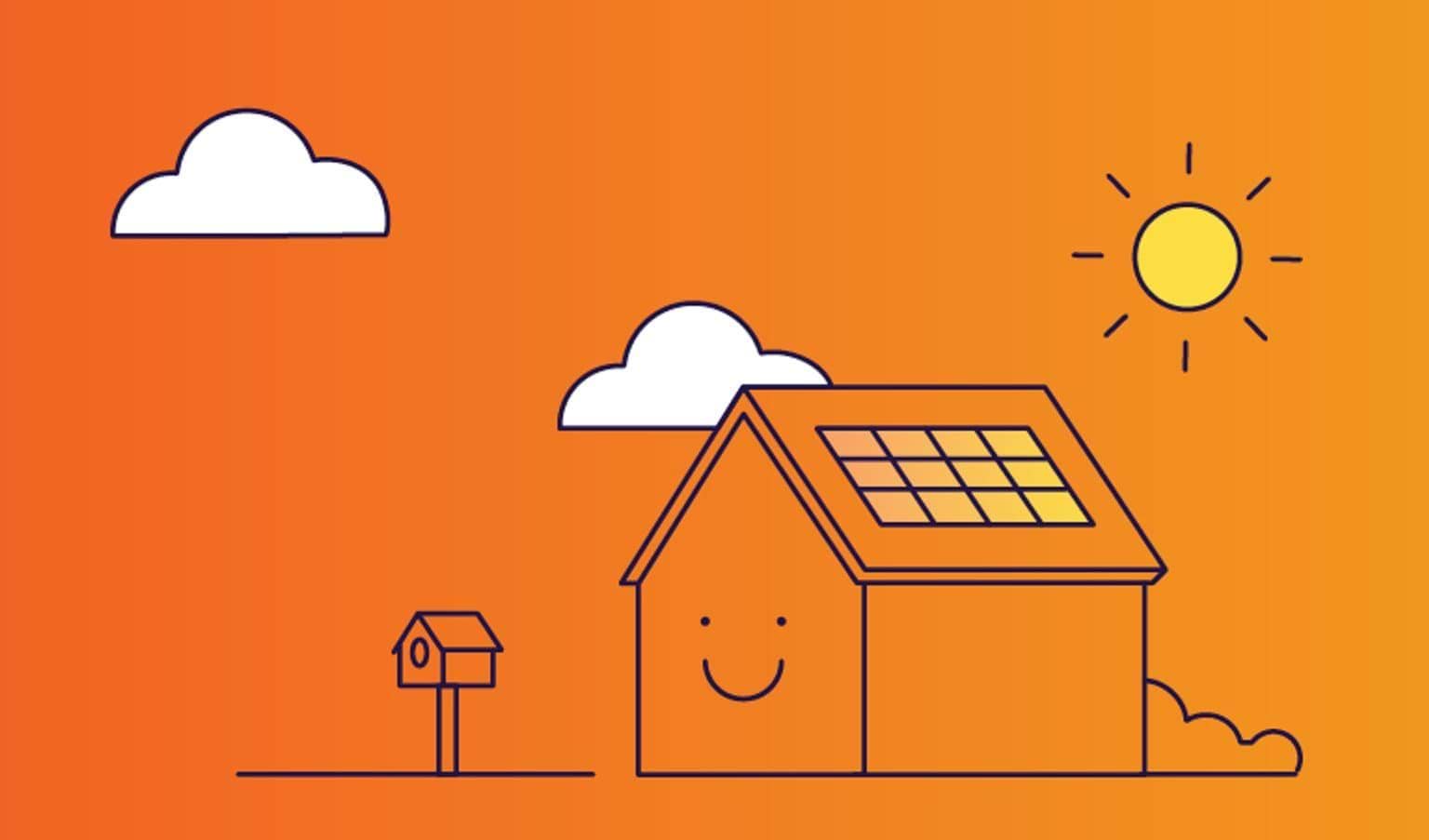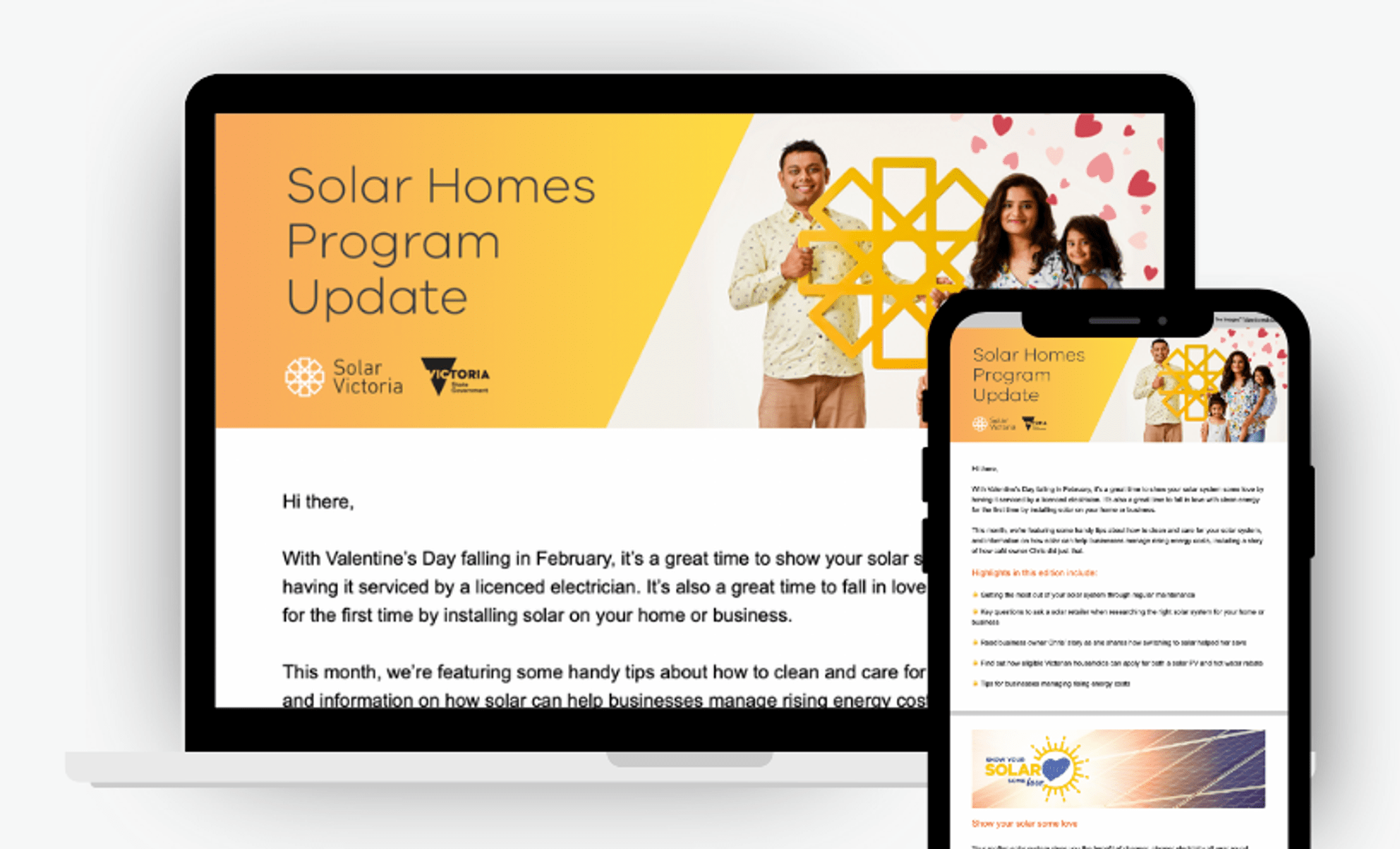Asking these top questions will help you get the right system for your household. We recommend getting three quotes from authorised retailers to help you compare product, size, quality and price.
Before you start: only authorised retailers, accredited installers and eligible products can be used in our program. This ensures you receive a quality product, installed safely by a qualified professional.
Getting ready for solar
Get started with solar with these handy tips and things to consider to help you on your way.
1. What is the brand, type and where were was it made?
Always ask your retailer for details about the panels and inverter of the solar system they are suggesting, and why they have selected them. If appearance is important to you, ask if the installer can share any photos of complete installations featuring the panels they’ve recommended.
When comparing prices, a quality system may cost more but will serve you better in the long run. So be sure to ask about how the quality of the solar system compared to others in the market.
Other things to consider include construction quality, frame type, colour and the dimensions and weight of the panels. Some panels may be more suited to your roof shape than others, especially on restricted spaces.
Solar Savvy Tip: Talk to your installer about systems that are battery compatible so one can be added to your system in the future.
2. Will you organise connection to the grid?
Most solar customers choose a mains grid-connected system for reliability. This type of system lets your home draw electricity from the grid when insufficient electricity is being generated by the solar panels.
Approval to connect your solar system to the grid must be completed before installation. The Clean Energy Council recommends asking your solar retailer if they will submit the grid-connection application for you, what it costs, and an estimate of how long approval will take.
Solar Savvy Tip: Electricity produced by a grid-connected solar system but not needed at the time it is produced is fed into the mains grid, with a feed-in tariff paid to the system owner. Check your eligibility to export to the grid before you install.
3. How will you determine the size and placement of the system?
Most solar installers will conduct a site assessment to determine the optimal size and placement of the solar panel system. They should also consider factors such as your energy needs, the angle and orientation of your roof, and any shading issues.
When a solar installer conducts a site inspection, they can also check the condition of your roof, electrical switchboard and determine possible solar panel and inverter locations.
A site inspection can help identify potential issues before installation and increases the chances your system will perform to its maximum capacity. A site inspection may not be necessary if, for example, you're purchasing a smaller system for a newly-built home with modern switchboards and no shading issues.
4. What’s included in my warranty?
An authorised solar retailer must provide you with clear information about warranties. This includes the details and warranties of the different components within the solar power system.
Your retailer should also provide you with an installation warranty. This covers any problems with the installation. It’s worth checking how they process warranty claims and whether the manufacturers have a contact number in Australia in case any problems arise.
Most panels have at least a 10-year materials warranty and 25-year power warranty. If your solar retailer isn’t providing you with clear information about warranties, it may be a sign that they’re not the right retailer for you. Find out more information about panel and installation warranties.
Authorised solar retailers must also have policies and procedures in place for dealing with faults, problems and any other issues. There are legal protections for customers if manufacturers, retailers and installers provide products and services that don’t deliver what was promised. Find out more information about consumer protections that apply when buying a solar panel (PV) system.

Consumer protections for customers
Know your consumer rights, what to be aware of and how to protect yourself.
5. Is financing right for me?
Some solar retailers may allow you to pay through an installment plan to lower your upfront costs. It’s important to do your research before accepting finance and consider asking the following:
- Is the total cost different if you accept financing?
- How much is the interest?
- Are there any additional fees?
- Are there any payment terms or conditions?
- Are there any additional fees charged for failure to meet the terms and conditions?
- Are there exit fees if financing is paid off early?
- What happens if you have trouble making a payment?
- What happens if the panels are faulty?
Read more about your retailer's obligations to be a responsible lender.
To further reduce installation costs, eligible Victorians can also opt-in to our interest-free loan of up to $1,400.
Updated




